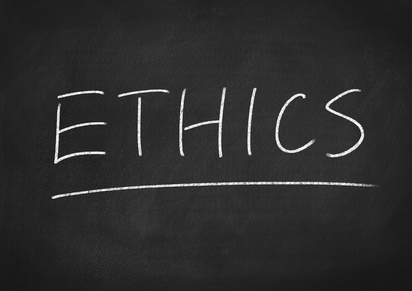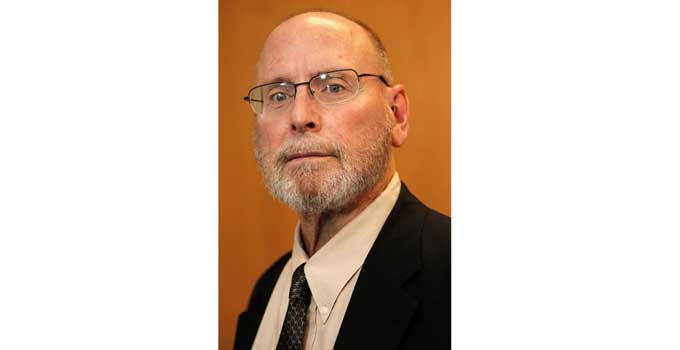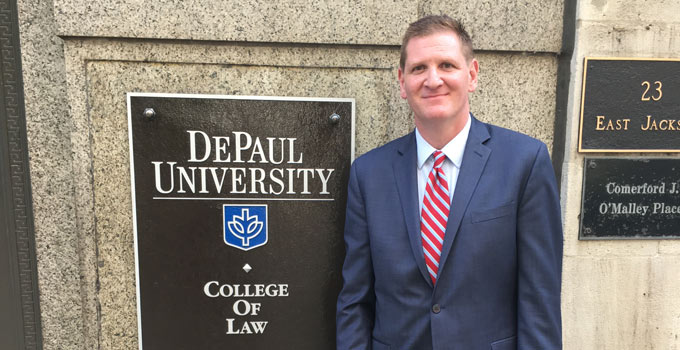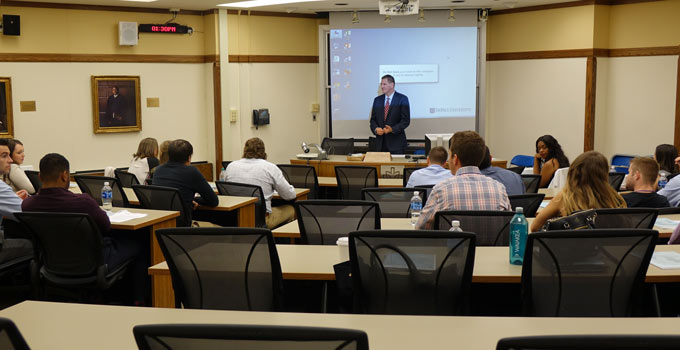
Committee Chair Ken Levinson moderated the presentation by Ari Telisman, Senior Litigation Counsel for the Attorney Registration and Disciplinary Commission. This month’s topic was Ethical Considerations for the Solo and Small Firm Practitioner. They covered four main areas: Records Retention, Negotiations, Confidentiality and PMBR.
Here are some notes and highlights:
Records Retention
Illinois State Bar Association Professional Conduct Advisory Opinion No. 17-02 provides some specific guidance on how to dispose of those filed after seven years. In order to keep up with changing technology, there is a proposal to amend rule 769 allowing attorneys to “use industry standard technology” for file storage.
Not ordinarily a statement of material fact: Estimate of price or value Party’s intention as to acceptable settlement
DON’T DO THIS:
In employment discrimination claim, using expert’s report premised on plaintiff’s continued unemployment, when plaintiff just accepted a high-paying job. In re Filosa, 976 F. Supp. 2d 460 (S.D.N.Y. 2013).
Leading opposing party to believe your deceased client is still alive. In re Feofanov, M.R. 28675, 17PR9 (2017).
Negotiations
Ever wonder if your negotiating strategy might be going a little too far? RPC 4.1 covers the not making of false statements of material facts.
Confidentiality
Recently Ty Cobb, a member of the White House’s internal legal team was talking a bit too loud at lunch. IRPC 1.6(e) states “A lawyer shall make reasonable efforts to prevent the inadvertent or unauthorized disclosure of, or unauthorized access to information relating to the representation of a client.” This include lunches!
DON’T DO THIS:
Here’s a photo of Ty Cobb & John Dowd casually & loudly discussing details of Russia investigation at @BLTSteakDC while I sat at next table. pic.twitter.com/RfX9JLJ0Te
— Kenneth P. Vogel (@kenvogel) September 18, 2017
PMBR
Beginning with registration for 2018, any lawyer who discloses that he or she does not have malpractice insurance (a practice we absolutely discourage) will be required to complete a 4-hour interactive, online self-assessment. The assessment is free, counts as CLE credit, and can be done in stages. Failure to complete the assessment by the end of the reporting year will prevent the attorney from having access to registration for the following year.
For a copy of the presentation, feel free to contact Ken.
Have questions? Feel free to comment below.





